Have you ever watched your cat leap confidently toward a countertop, only to misjudge the distance and land in a heap of fur and pride? The next moment, your feline friend sits up, licks a paw, and seems to look everywhere except at you. Moments like these make cat lovers wonder: Do cats feel embarrassed after making a mistake, or is it all in our imaginations? The answer is as fascinating as cats themselves—filled with mystery, a touch of humor, and plenty of surprises. Let’s unravel the secret world of feline feelings together.
Understanding Cat Emotions: More Than Meets the Eye
Cats are often seen as cool, composed, and secretive creatures. But beneath that calm exterior, cats have a complex inner world. Scientific studies show that cats do experience a range of emotions, including happiness, fear, curiosity, and even jealousy. While embarrassment is a complicated feeling, it’s not impossible for cats to experience something similar. Anyone who has lived with a cat knows they can act differently after a mishap, suggesting there’s more going on inside than we might think.
The Science of Embarrassment in Animals
Embarrassment is considered a social emotion in humans, often linked to self-awareness and caring about how others see us. Scientists debate whether animals, especially cats, have the same level of self-consciousness. While there’s no direct proof that cats feel embarrassment just like people do, experts believe they can feel discomfort, confusion, or stress after making a mistake. So, while your cat might not blush, they could still react to a blunder in their own unique way.
Cat Body Language After a Blunder
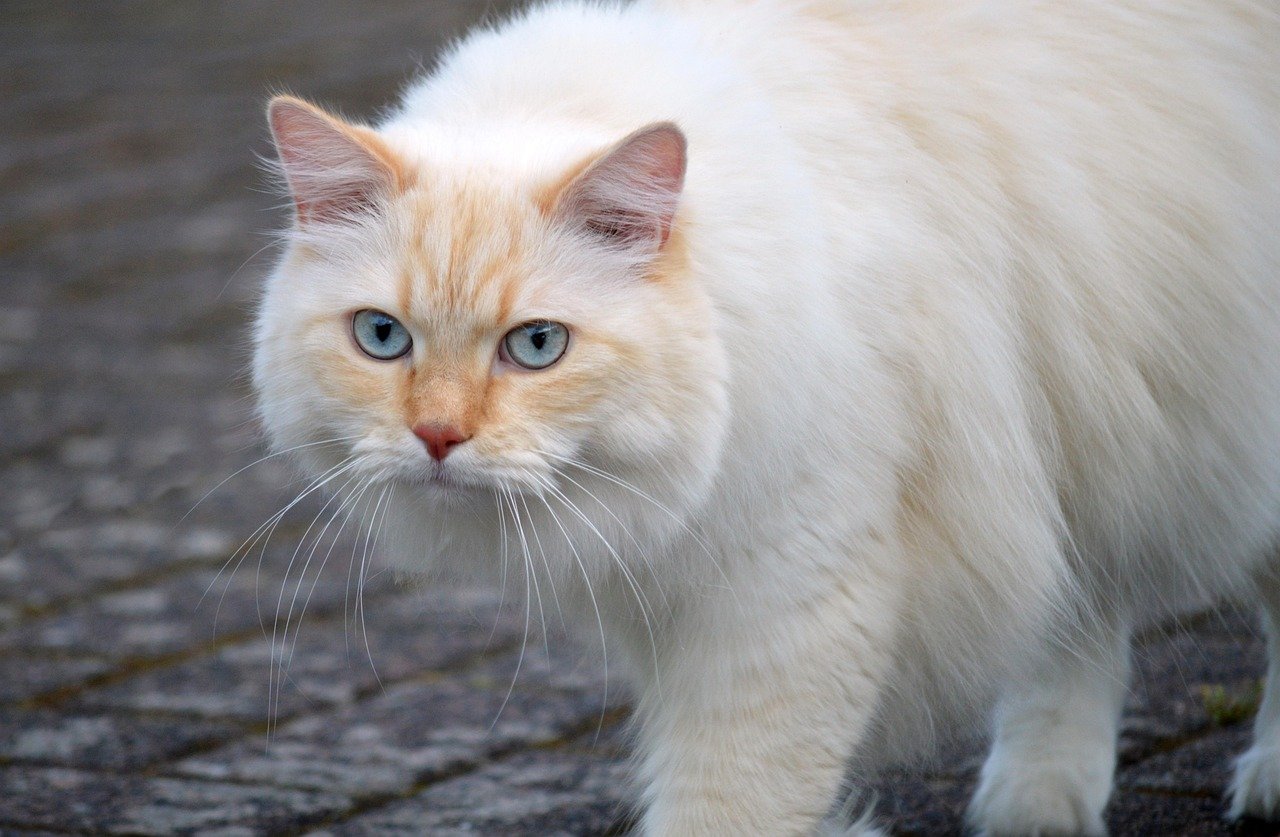
If you watch closely, you’ll notice that a cat who’s just made a silly mistake might suddenly become very busy grooming or pretending nothing happened. These are classic signs cats use to cope with awkward moments. Flicking their tails, flattening their ears, or making themselves look smaller can all be signals that they’re feeling “off” after a misstep. Sometimes, they might even dart away to hide for a few moments before returning to their usual regal selves.
Why Do Cats Groom After a Mistake?
It’s almost comical how often a cat will immediately start licking its paw after a clumsy mishap. Grooming is a soothing behavior for cats, but it’s also a clever way to distract from their mistake. By grooming, cats can calm themselves and send a signal to others that everything is fine. It’s like when a person trips and then ties their shoe, pretending that was the plan all along.
The Role of Instinct in Cat Behavior
Cats are hardwired for survival, and this instinct shapes how they act after a mistake. Showing weakness or awkwardness in the wild could make a cat vulnerable to predators. So even in a cozy living room, a housecat might try to “play it cool” after a failed jump. Their instinct to cover up mistakes is less about feeling embarrassed and more about protecting themselves.
Do Cats Recognize When They’ve Made a Mistake?
Most cat owners believe their feline friends know when they’ve messed up. A cat might avoid a spot where they slipped, or hesitate before repeating a failed leap. This shows that cats can remember mistakes and learn from them. While this doesn’t prove embarrassment, it does show self-awareness—an important piece of the puzzle when exploring feline emotions.
Comparing Cat and Human Reactions
Humans tend to laugh, blush, or apologize after making a blunder. Cats, however, have their own methods of coping. Instead of laughing, a cat might act aloof, clean itself, or slink away. These behaviors might not be “embarrassment” as humans know it, but they serve a similar purpose: to smooth over a moment of weakness and move on.
The Power of the Cat Stare
Have you ever caught your cat looking at you after a clumsy fall, as if checking whether you noticed? Some people believe this is a sign of embarrassment or at least self-consciousness. The truth is, cats are incredibly observant and often look to their humans for cues. If you laugh or react, your cat might respond by acting even more nonchalant.
Do Cats Learn From Their Mistakes?
One of the most impressive things about cats is their ability to learn from experience. If your cat falls off a table, you might notice they approach that spot more cautiously next time. This adaptability hints at a level of self-awareness and memory, which are both ingredients in feeling embarrassment—even if it’s not exactly the same as what humans feel.
The “Zoomies” After a Mishap
Sometimes after a mistake, a cat will suddenly sprint around the house, bouncing off furniture and walls. These high-energy bursts, often called “the zoomies,” can be a way for cats to shake off stress or awkwardness. It’s almost as if they’re saying, “That didn’t happen—watch how fast I can run instead!”
Hiding: A Cat’s Go-To Response
When a cat feels threatened or upset, hiding is a natural response. After a public blunder, some cats will disappear under the bed or behind the couch. This retreat gives them a chance to recover and regroup. It’s a bit like when people need a moment alone after an embarrassing moment.
Social Dynamics Among Cats
Cats are not always the solitary creatures we think they are. When living with other cats, social dynamics play a big role in their reactions to mistakes. A cat who trips in front of a feline friend might quickly try to assert dominance again—by pouncing, hissing, or simply ignoring the mishap. Just like in a group of people, reputation matters in a clowder of cats.
Playfulness and Mistakes
Kittens and young cats are especially prone to making mistakes during play. They might miss a toy, tumble off a couch, or misjudge a jump. Interestingly, young cats are less likely to show signs of embarrassment and more likely to bounce back with even more enthusiasm. Their playful nature helps them recover quickly and keep learning.
Do Cats Care What Humans Think?
Many cat lovers believe their pets are aware of human reactions. If you laugh, gasp, or scold your cat after a mistake, your cat might change its behavior. Some cats seem more sensitive to their owner’s emotions, while others remain unfazed. This sensitivity can influence how a cat responds to its own errors.
Cat Personalities and Emotional Reactions
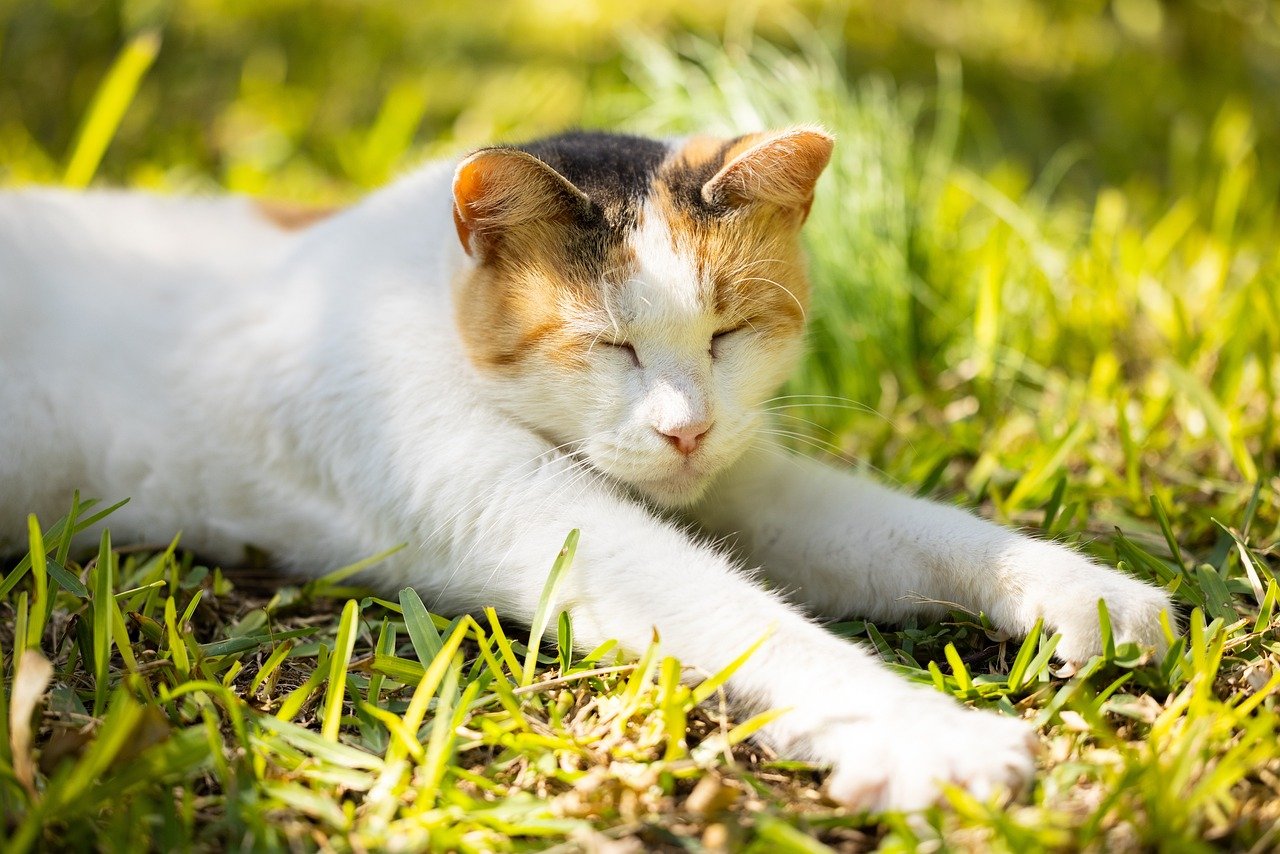
Just like people, every cat has a unique personality. Some cats are bold and don’t seem to care when they mess up, while others are more timid and easily startled. A shy cat may hide after a mistake, while a confident one might strut away with its tail held high. Understanding your cat’s personality can help you interpret their reactions more accurately.
Common Cat Mistakes That Trigger Odd Reactions
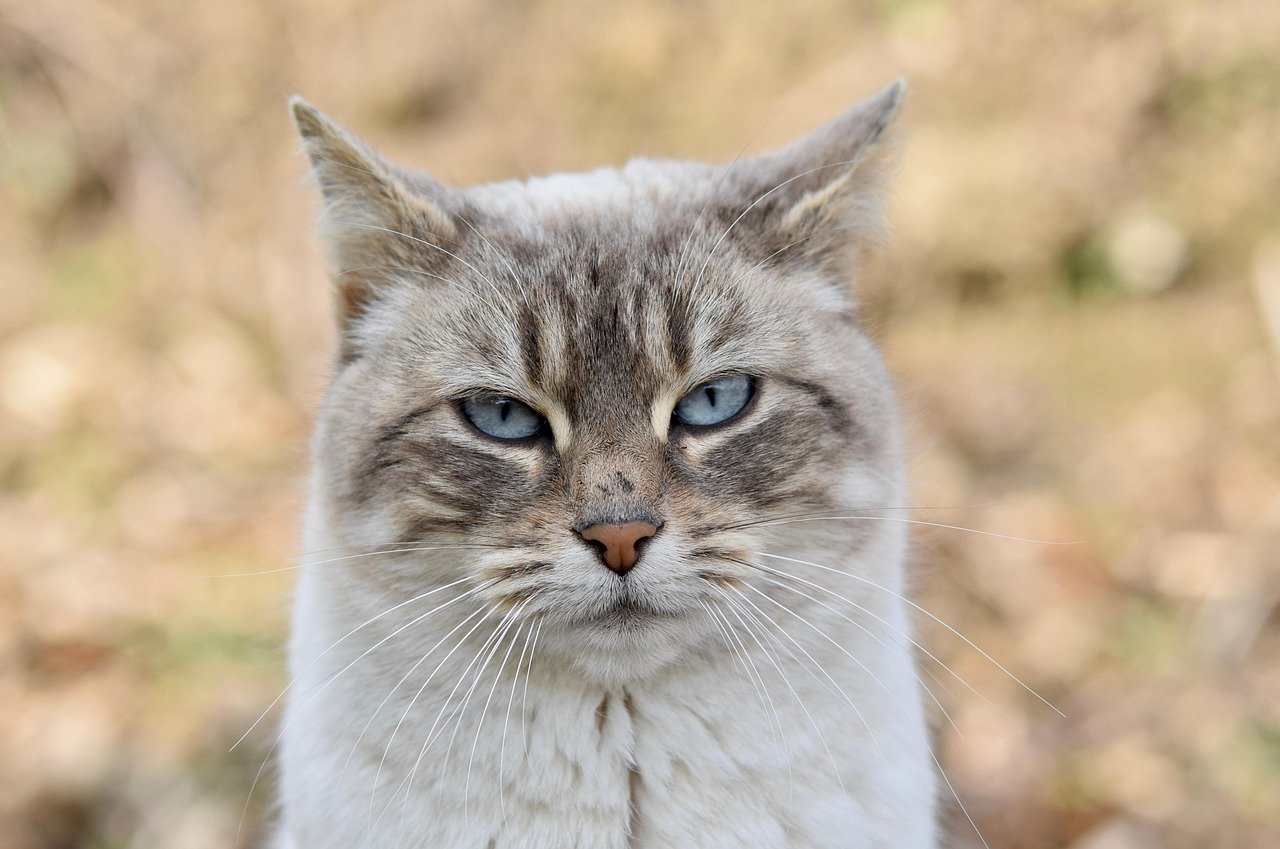
Cats are known for their agility, but even they have off days. Missing a jump, knocking over a vase, or slipping on a slick floor are all common cat blunders. Each of these incidents may trigger different reactions, from frantic grooming to a dignified walk-away. Every cat develops its own way of coping with these everyday challenges.
Do Cats Feel Shame?
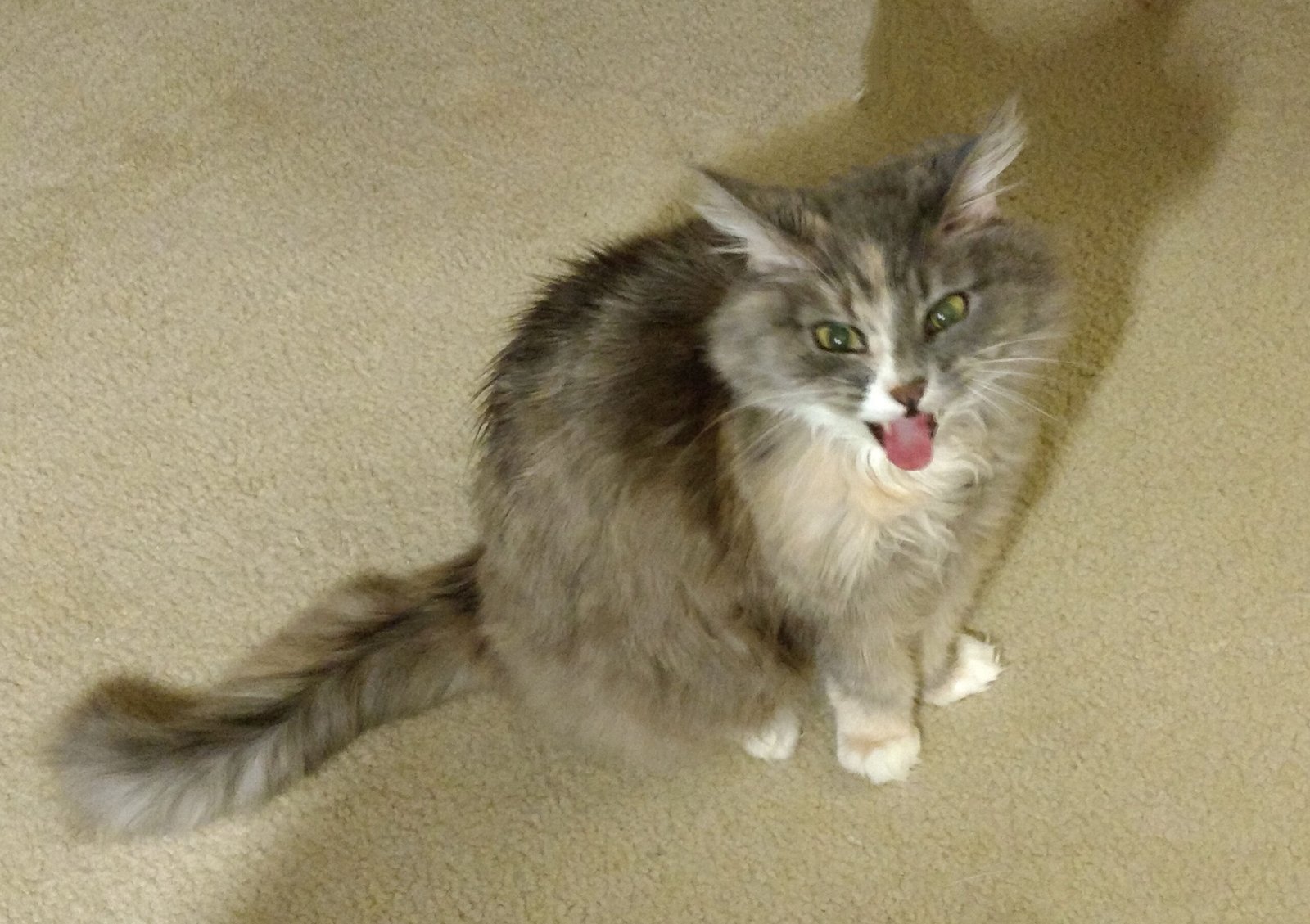
Shame and embarrassment are closely linked, but they are not the same. Shame is a deeper feeling of wrongdoing, often tied to morality. While cats can show regret—like when they get caught scratching the sofa—it’s unlikely they feel shame in the human sense. Instead, their reactions are more about immediate discomfort and less about guilt or morals.
How Humor Plays Into Cat Mistakes
Let’s be honest: part of the joy of living with cats is watching their funny moments. Cat mistakes can be hilarious, and many cat owners can’t help but laugh. While cats probably don’t share our sense of humor about their blunders, they do seem to notice when something unusual has happened and often try to regain their composure.
Helping Your Cat Bounce Back
If your cat seems upset after a mistake, you can help by offering comfort and giving them space. Avoid laughing too loudly or making a big fuss, as this can make your cat more anxious. Instead, offer gentle reassurance and let your cat decide when they’re ready to rejoin the action. Remember, patience goes a long way in building trust.
What Cat Owners Should Keep in Mind
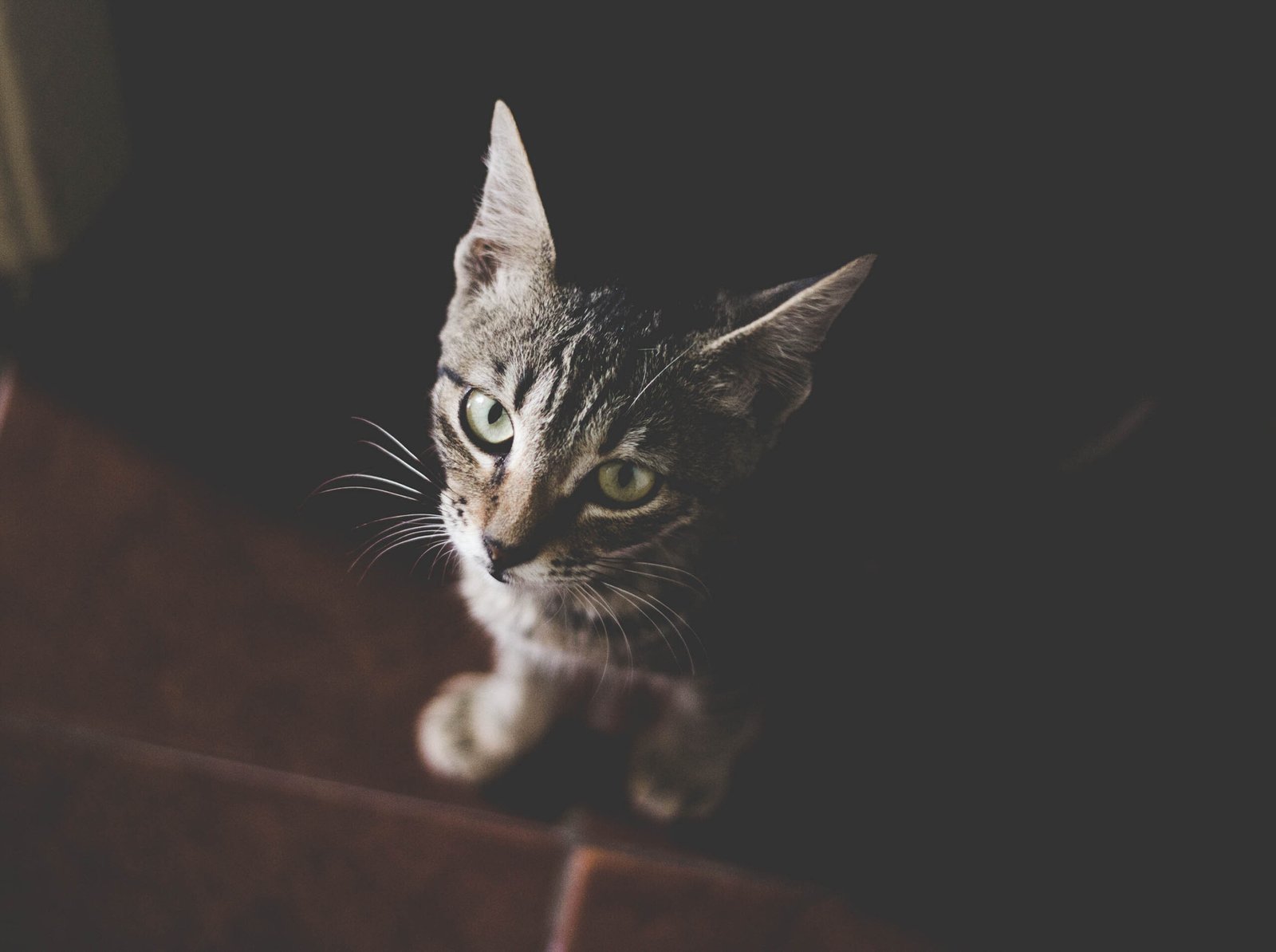
Living with a cat means accepting their quirks, including how they handle mistakes. Every cat is different, and their reactions can range from dramatic to barely noticeable. By paying attention to your cat’s signals and responding with kindness, you can help your feline friend feel safe and confident—even after the occasional slip-up.
The Mystery Remains: Do Cats Really Feel Embarrassed?
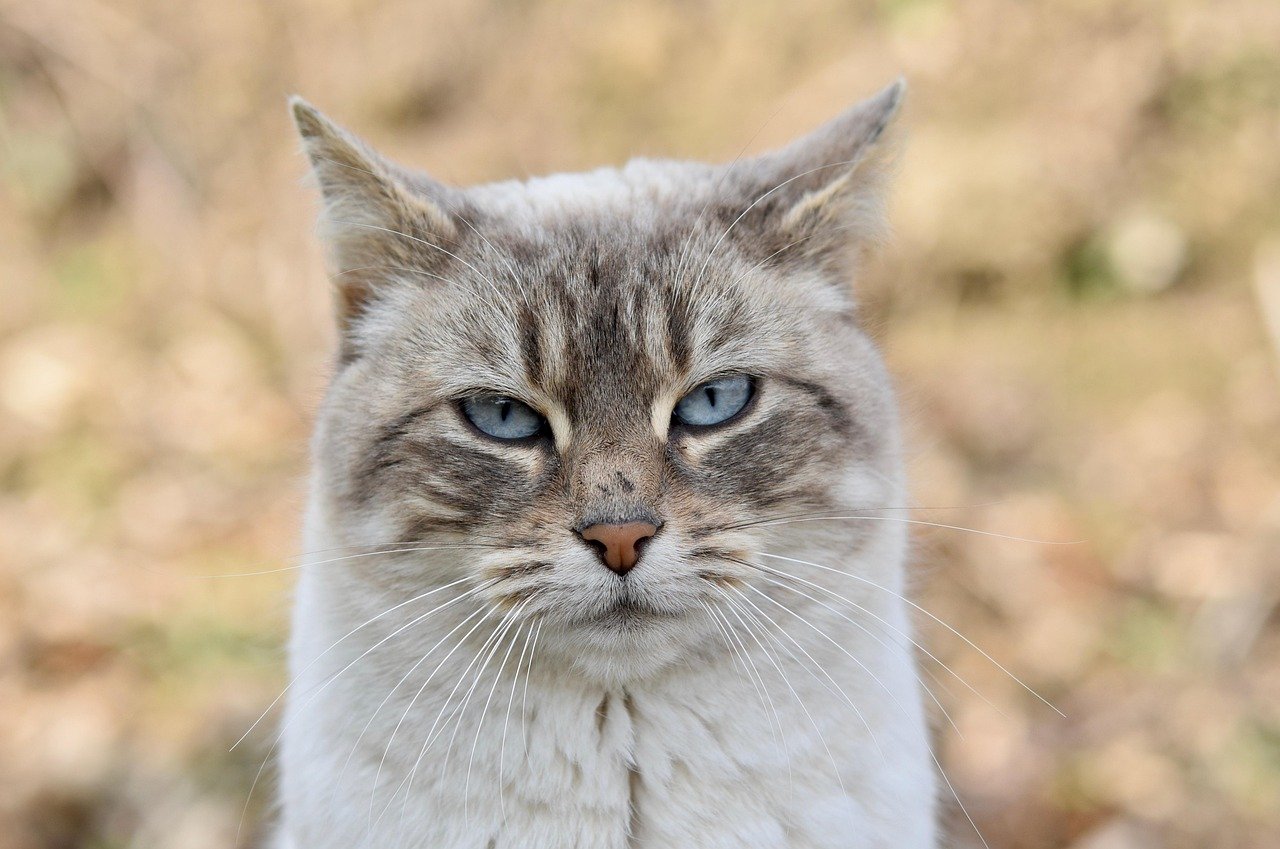
The question of whether cats feel embarrassed after making a mistake may never have a simple answer. What’s clear is that cats are sensitive, observant, and capable of feeling discomfort or unease after a blunder. Their unique ways of coping—grooming, hiding, or strutting off—make them endlessly fascinating companions. Whether it’s embarrassment or just feline pride, one thing is certain: cats will always keep us guessing.
Hi, I’m Bola, a passionate writer and creative strategist with a knack for crafting compelling content that educates, inspires, and connects. Over the years, I’ve honed my skills across various writing fields, including content creation, copywriting, online course development, and video scriptwriting.
When I’m not at my desk, you’ll find me exploring new ideas, reading books, or brainstorming creative ways to solve challenges. I believe that words have the power to transform, and I’m here to help you leverage that power for success.
Thanks for stopping by, Keep coming to this website to checkout new articles form me. You’d always love it!






